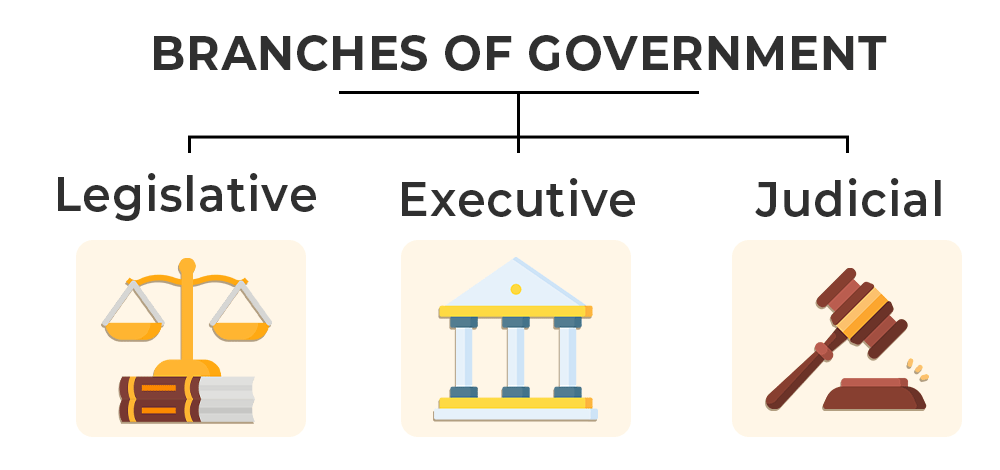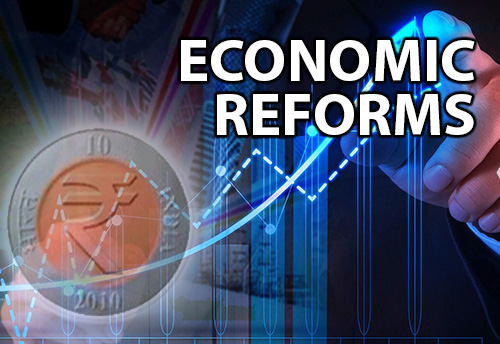Editorial
The rule of law, far from being a legal abstraction, stands as the cornerstone of a nation’s stability, prosperity, and individual well-being. It transcends legal codes and procedural norms, weaving itself into the very fabric of a society, fostering trust, equality, and the pursuit of a greater good. Let’s delve into why the rule of law holds such critical importance:
1. Equality and Justice: At its core, the rule of law enshrines the principle of equality before the law. No individual, regardless of power or wealth, stands above the law. This ensures fair treatment and justice for all, protecting the vulnerable from arbitrary arrests, discrimination, and abuse of power. Without it, the scales of justice tip, leading to societal divisions and breeding resentment.
2. Predictability and Stability: The rule of law establishes clear, consistent rules and procedures. People know what to expect from the legal system, fostering a sense of predictability and stability. This enables individuals and businesses to invest, plan, and engage in long-term endeavors with confidence. A society devoid of such predictability becomes fraught with uncertainty, hindering economic growth and social progress.
3. Protection of Fundamental Rights: The rule of law safeguards fundamental rights and freedoms, including freedom of speech, assembly, and religion. These rights empower individuals, foster creativity and innovation, and act as a bulwark against tyranny and oppression. In its absence, fear and silence reign, stifling human potential and progress.
4. Economic Prosperity: A robust legal framework underpinned by the rule of law attracts investment, promotes fair competition, and protects property rights. This creates a fertile ground for economic growth and development, benefiting individuals and businesses alike. Conversely, a system riddled with legal uncertainties and weak enforcement of contracts discourages investment and hampers economic progress.
5. Accountability and Transparency: The rule of law demands accountability from all, including those in positions of power. It ensures transparency in decision-making processes and empowers citizens to hold their leaders responsible. This combats corruption, promotes good governance, and fosters public trust in institutions. In its absence, corruption flourishes, eroding public trust and hindering societal progress.
6. Peaceful Conflict Resolution: The rule of law provides a peaceful and orderly mechanism for resolving disputes. Instead of resorting to violence or self-help, individuals and groups can seek redress through established legal channels. This способствует мирному сосуществованию, предотвращает социальные беспорядки и создает основу для конструктивного диалога. Without it, societies become vulnerable to instability and conflict.
The rule of law is not simply a collection of laws; it is a living tapestry woven with principles of fairness, justice, and accountability. It requires constant vigilance and commitment from citizens, institutions, and leaders alike. Upholding it is not always easy, but the alternative – a society devoid of its guiding principles – is far more perilous. It is by embracing the rule of law that nations can truly build a just, prosperous, and thriving society for all.
Please, subscribe to the YouTube channel of republicpolicy.com

















